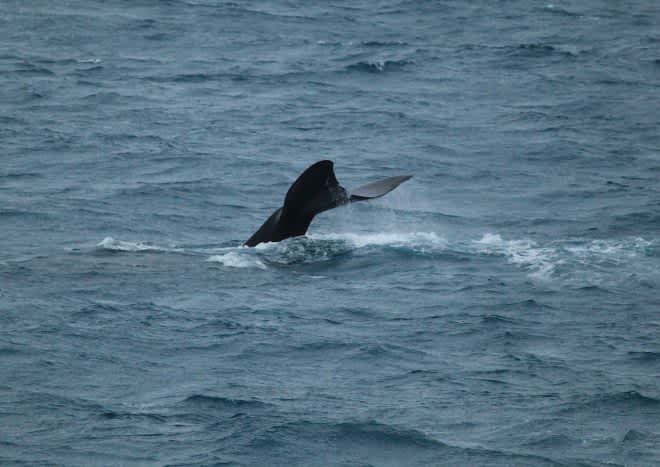NOAA Speed Restriction Proposal not Backed by FWC
Eugene L. 12.14.22

Earlier this year the National Marine Fisheries Service, an agency within the National Oceanic and Atmospheric Administration (NOAA) put forward a rushed proposal. this new proposal in effect would put a 10-knot speed restriction for any boat 35 feet and larger. The purpose of the new rule is to protect the North Atlantic right whales in their southern calving grounds. While noble has drawn a lot of opposition from many different fronts. First from Charter Boat Captains, port operations, and now even the Florida Fish and Wildlife Conservation Commission (FWC).
The 10-knot speed limit is not new though, it has already been in effect in the same areas that right whales travel but has only applied to vessels 65 feet or longer. The new rule affects a lot more vessels because the drop in size limit brings in a majority of vessels. This speed zone would be in place from November 15th to April 15th each calving season. The pushback from most anglers and other smaller vessel operators comes from the fact that the majority of whale strikes occur due to vessels larger than 65ft in length. The new rules placed on them that will be ineffective and only cause them a detriment to the smaller vessel owners. While FWC has other issues with the new rule proposal. The commission feels that these new rules are not well thought out and are not enforceable. They consider them to be a wasted effort for the state’s law enforcement, only adding to to the work load of the wildlife agents who are already running thin.
“The issues here are strikes from boats killing the right whales, and fishing entanglements,” FWC Executive Director Eric Sutton said during the Commission’s meetings in Panama City. “There’s no doubt that the right whales are critically endangered, and there’s no doubt that boat strikes are one of the leading causes.”
“However, you’ll find in that letter (to NOAA Fisheries) that we’re pointing out some of the regulations that are being proposed, in our opinion,” Sutton said, “are expanding on regulations that are really not followed so much, or enforced so much.
“So, it’s kind of like doubling down on something we think would affect our law enforcement, we think it would affect our recreational fisheries. I believe we said we agree on the situation, but we think there’s a smarter way to regulate this.”
With so few Atlantic right whales left, and with their slow birthrate, each whale’s death is significant. But the problem lies in this proposal appearing to be a rushed effort that won’t help the whales but harm people’s livelihoods instead.

